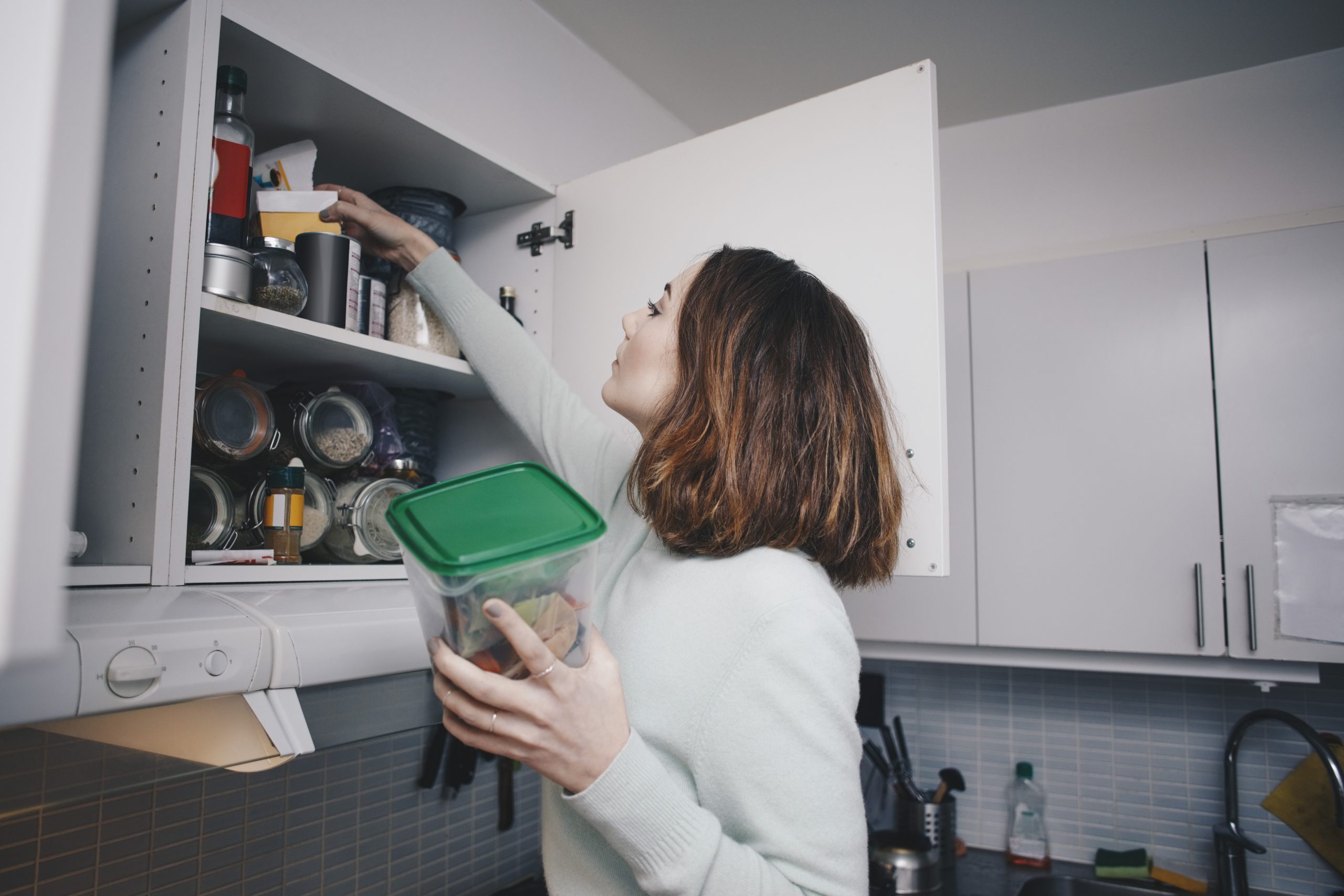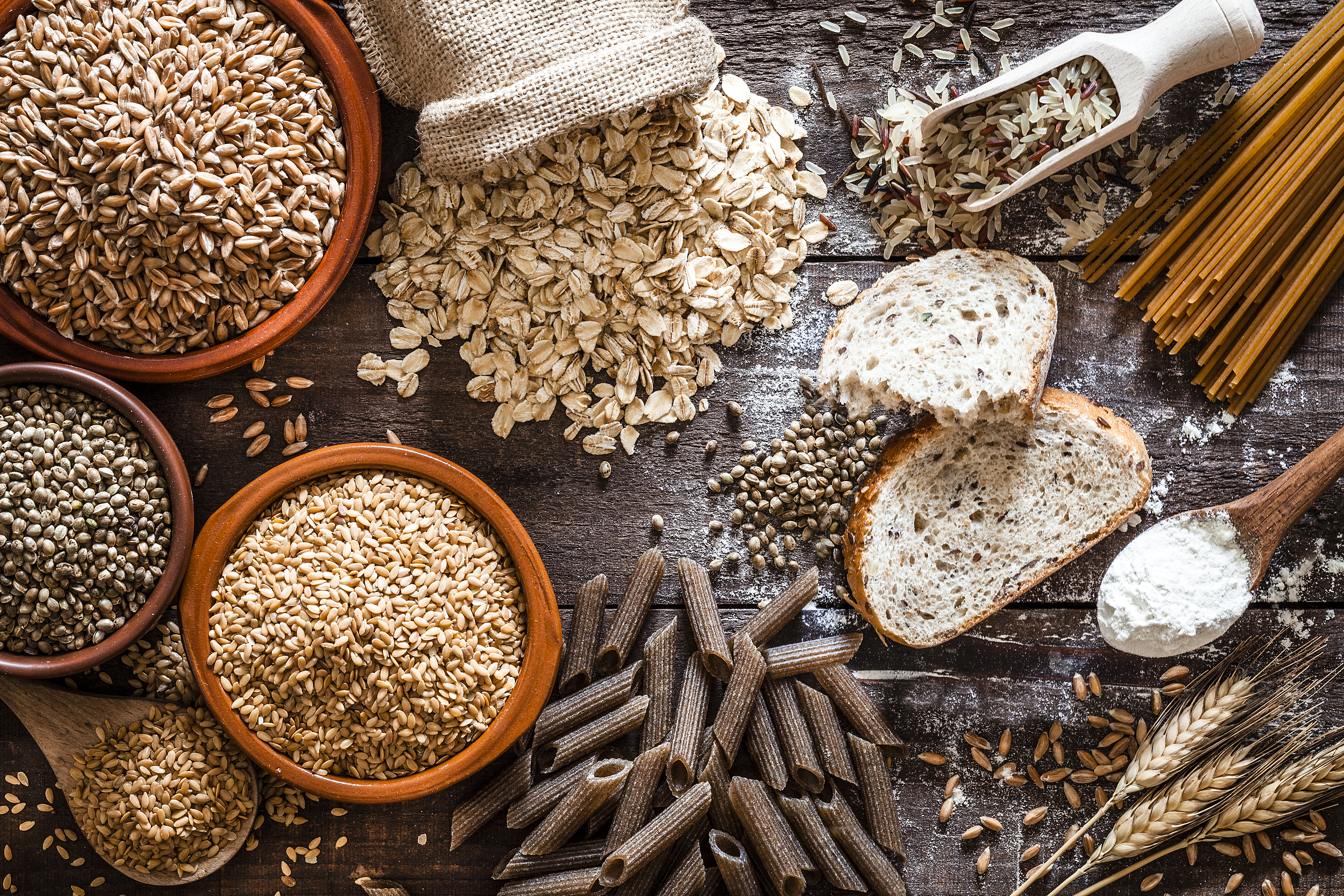90% of us aren’t eating enough of this heath-boosting super food

It's the beginning of a new year, meaning many of us will be looking to improve our diet after an indulgent December.
And while we all know the basics of a healthy lifestyle - more fruit and veg, and less of the bad stuff - there's one important dietary ingredient most of us may be missing out on.
Researchers from the University of Otago in New Zealand, and the University of Dundee, found in a joint major study that we should all be eating more of one thing - fibre.
They found that adults should be eating a minimum of 25g of the stuff every day, but that the health benefits could be greater if you have over 30g a day.
Professor John Cummings told the BBC, "The evidence is now overwhelming and this is a game-changer that people have to start doing something about it."

According to BBC News, less than one in ten adults eat 30 grams of fibre each day. The NHS claims that most adults are only eating around 18 grams of fibre a day.
And it's concerning, given that fibre provides a myriad of health benefits. It's often promoted as a way of getting our bowels moving and aiding digestion, but it could also lower your risk of heart disease and certain cancers, help you to loose weight and maintain a healthier weight over time, and could help the healthy bacteria in your gut to flourish.
Sign up to our free daily email for the latest royal and entertainment news, interesting opinion, expert advice on styling and beauty trends, and no-nonsense guides to the health and wellness questions you want answered.
But fibre can be found in all sorts of every day foods, including porridge oats, brown bread, and even some fruits and veg, including carrots and apples.

Professor Elaine Rush from the Auckland University of Technology, has given examples of how you could get 30g of fibre in your diet.
She explained that two Weetabix equals 3g of fibre, while an apple with the skin on is 4g of fibre.
Of course, these are small measurements, so she confessed, "It is not easy to increase fibre in the diet."
But it's not impossible. The NHS also suggests small ways you can get more fibre in your diet, by adding pulses like lentils to things like stews and curries, or by eating potatoes with the skin on.
They also recommend snacking on unsalted nuts and seeds, or things like rye crackers and oatcakes.
And always choose wholegrain options when it comes to bread, pasta and rice, which can up your fibre intake much more than their white alternatives.
Given the health benefits, we reckon it's worth working to incorporate as much of the 30g of fibre into our daily diet as possible.
Amy Hunt is an experienced digital journalist specialising in homes, interiors and hobbies. She began her career working as the features assistant at woman&home magazine, before moving over to the digital side of the brand where she eventually became the Lifestyle Editor up until January 2022. Amy won the Digital Journalist of the Year award at the AOP Awards in 2019 for her work on womanandhome.com.

